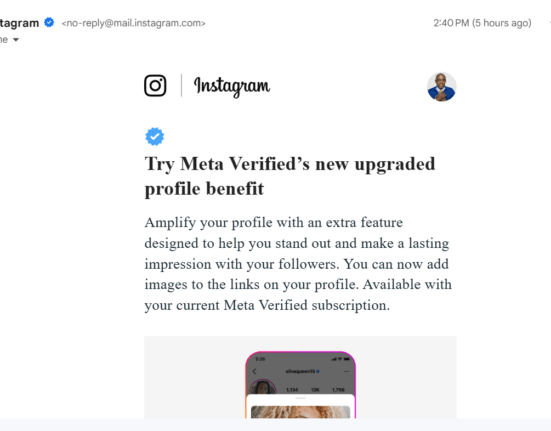Traditionally CRM has been built for sales teams. It’s been built for those in marketing functions who’s role is to acquire or serve customers. However, what about teams, such as engineering, customer onboarding or advocacy. How they can access CRM data to better serve the customer. Without access to accurate CRM data, companies begin to build silos of disjointed information.
Zoho is working to solve that with a new initiative “CRM for Everyone”
“Traditionally, the CRM system has been built by IT and built for sales workflows,” said Mani Vembu, Zoho’s Chief Operating Officer.
Over the years, it has accumulated a wealth of customer context, but access to the CRM is strictly rationed, and teams are forced to operate on their own islands with limited context. This is fundamentally antithetical to a great customer experience. Zoho CRM for Everyone exists to break down those silos, unifying all customer operations teams onto the CRM to deliver better customer experiences.
Zoho CRM For Everyone enables account managers, for example, to pull in a solutions engineer to coordinate a great product demonstration for a customer. A specialist can track the step-by-step rollout of the onboarding experience for each customer. A marketer can perform win-loss analysis for specific deals. A community specialist can manage advocacy engagements like case studies. All of these different activities can be managed within the CRM with deep customer context and cross-functional visibility. They may all use different core applications for deep work but can now converge on the CRM for managing shared responsibilities towards the customer.
Leveraging CRM for Midsize Companies
As a leader in a midsize company, you know that customer relationships are the lifeblood of your business. But are you leveraging your Customer Relationship Management (CRM) system to its fullest potential? Implementing best practices for CRM usage can revolutionize the way your teams interact with customers, leading to increased sales, improved customer satisfaction, and streamlined operations.
Start with Training and Adoption
The first step to successful CRM usage is ensuring that your team is well-versed in the system’s capabilities. Invest in comprehensive training programs that cover everything from basic navigation to advanced features. Encourage adoption by highlighting the benefits of CRM, such as easier access to customer data and improved collaboration between departments.
Establish Clear Processes and Guidelines
To maximize the effectiveness of your CRM, it’s crucial to establish clear processes and guidelines for its usage. Define which types of interactions should be logged, how leads should be qualified, and what steps should be taken to nurture relationships. By creating a standardized approach, you ensure that everyone is working towards the same goals and using the system consistently.
Integrate CRM with Other Tools
CRM is most powerful when it’s integrated with the other tools your team uses on a daily basis. Connect your CRM with your email marketing platform, social media accounts, and customer service software. This allows for seamless data sharing and eliminates the need for manual data entry, saving your team time and reducing the risk of errors.
Leverage Automation
One of the key benefits of CRM is its ability to automate repetitive tasks. Set up automated email campaigns, lead nurturing sequences, and task reminders to keep your team focused on high-value activities. Automation not only saves time but also ensures that no opportunities fall through the cracks.
Analyze and Optimize
To continuously improve your CRM usage, it’s important to regularly analyze your data and identify areas for optimization. Use built-in reporting features to track key metrics such as conversion rates, response times, and customer satisfaction scores. Share these insights with your team and use them to refine your processes and set new goals.
Foster a Customer-Centric Culture
Ultimately, the success of your CRM depends on your team’s commitment to putting customers first. Foster a customer-centric culture by emphasizing the importance of building strong relationships and going above and beyond to meet customer needs. Celebrate successes and recognize team members who excel at using CRM to deliver exceptional customer experiences.
By following these best practices, you can unlock the full potential of your CRM and empower your team to build lasting, profitable customer relationships. Remember, CRM is not just a tool – it’s a strategic approach to managing customer interactions and driving business growth. With the right mindset and implementation, CRM can be a game-changer for your midsize company.
Related articles:
Customer Operations Are Beter with CRM Says Survey(Opens in a new browser tab)
Zoho’s Bigin Makes a “No Excuse CRM” For Small Businesses(Opens in a new browser tab)
Use CRM Right From the Start Says Salesforce Exec(Opens in a new browser tab)
Don’t Start Small When Starting Your First Business(Opens in a new browser tab)







